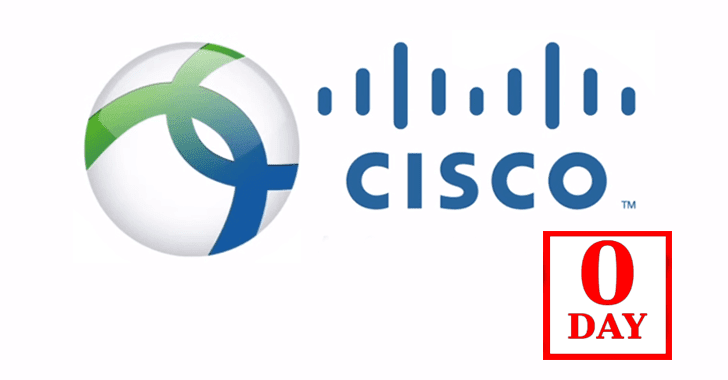Cisco, the California based tech giant, has identified and disclosed a vulnerability via advisory CVE-2020-3556, regarding the InterProcess Communication (IPC) channel of Cisco AnyConnect Secure Mobility Client Software that would allow an authenticated, local attacker to cause a targeted AnyConnect user to execute a malicious script.
Vulnerability
The IPC channel of Cisco AnyConnect Secure Mobility Client Software can allow an authenticated attacker to make an AnyConnect user to execute harmful scripts without his knowledge.
The vulnerability is due to a lack of authentication to the IPC listener. An attacker could exploit this vulnerability by sending crafted IPC messages to the AnyConnect client IPC listener and can cause the targeted AnyConnect user to execute a script. This script would execute with the privileges of the targeted AnyConnect user.
In-order to successfully exploit this vulnerability, there must be an ongoing AnyConnect session by the targeted user at the time of the attack. To exploit this vulnerability, the attacker would also need valid user credentials on the system upon which the AnyConnect client is being run.
Products Affected
The vulnerability affects all versions of the Cisco AnyConnect Secure Mobility Client Software with a vulnerable configuration for the below mentioned platforms:
- AnyConnect Secure Mobility Client for Linux
- AnyConnect Secure Mobility Client for MacOS
- AnyConnect Secure Mobility Client for Windows
All other products do not seem to have been affected by this vulnerability.
Cisco Product Security Incident Response Team confirmed that proof-of-concept exploit code is available for the vulnerability described in this advisory.
Mitigation
Cisco has not yet released any software updates to counter this vulnerability and states that there are no workarounds to handle CVE-2020—3556, however, the threat can be mitigated by disabling the Auto Update feature.
In the instance that the Auto-update feature cannot be disabled, disabling the Enable Scripting configuration setting would reduce the surface attack. By default, Auto Update is enabled, and Enable Scripting is disabled.
To check these settings on the Adaptive Security Appliance (ASA) the below path can be followed Configuration> Remote Access VPN > Network (Client) Access > AnyConnect Client Profile.
Way forward
Cisco plans to fix this vulnerability in a future release of Cisco AnyConnect Secure Mobility Client Software and will shortly release free software updates to address and fix this vulnerability, and customers may download and install the same for the versions that they are using.
Cisco has credited Gerbert Roitburd from Secure Mobile Networking Lab (TU Darmstadt), with reporting the vulnerability.
You can follow us on Linkedin, Twitter, Facebook for daily Cybersecurity and hacking news updates.
Also Read











.webp)